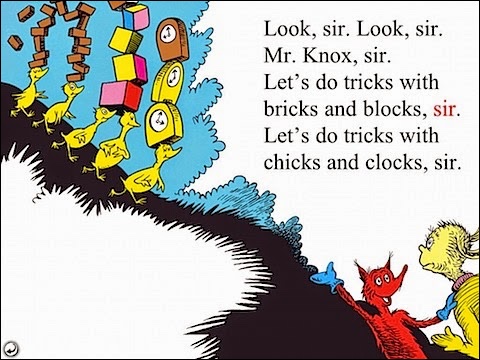Rob Horning in the New Inquiry, July 10 2015:
“Much like cable television narrows our exercise of choice amid the field of possible information to flipping channels, Facebook narrows it to the single action of ‘scrolling down’ through the programming it has seen fit to algorithmically supply….So the problem is not that Facebook users have insufficient control over the algorithm that displays content; it’s that users are willing to use Facebook as their primary gateway to the world, a kind of television with the minor improvement that the local news always includes reports on people you know. This leads to seeing the world only as so much content that Facebook can sort and prioritize and reify and sell. Facebook becomes (much like television had been before it) the medium that confers reality on experience. Until the News Feed algorithm has processed something, revealing its overall significance in our social graph, it really doesn’t properly exist. The moment the algorithm assimilates it is the moment when something actually happens.”




